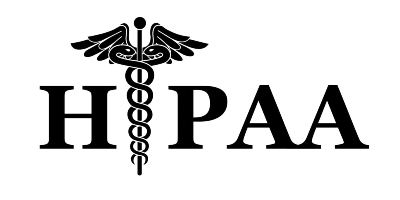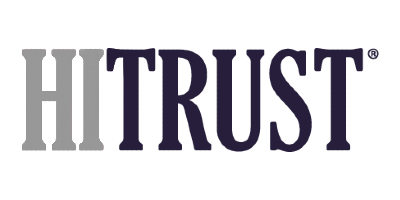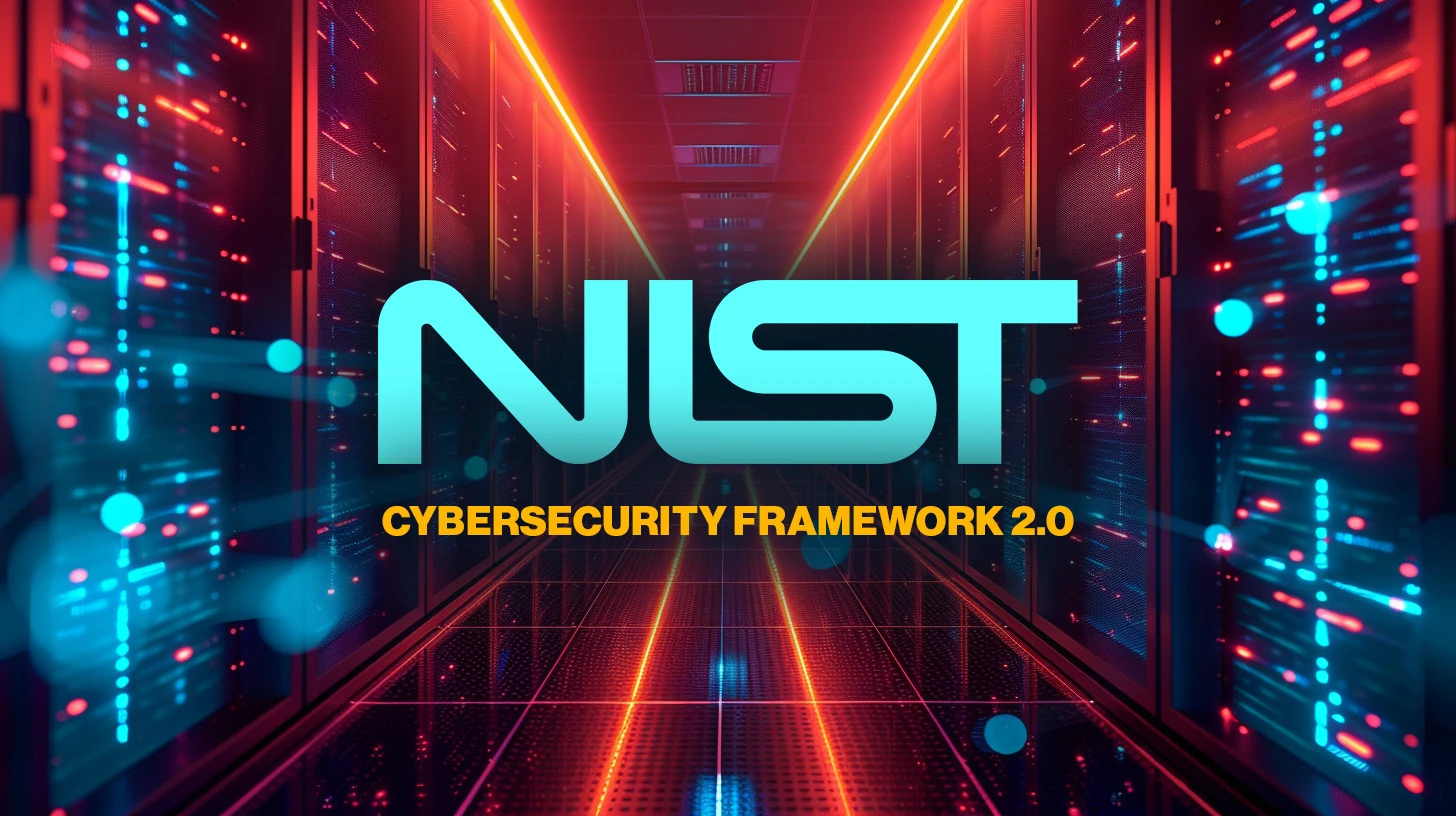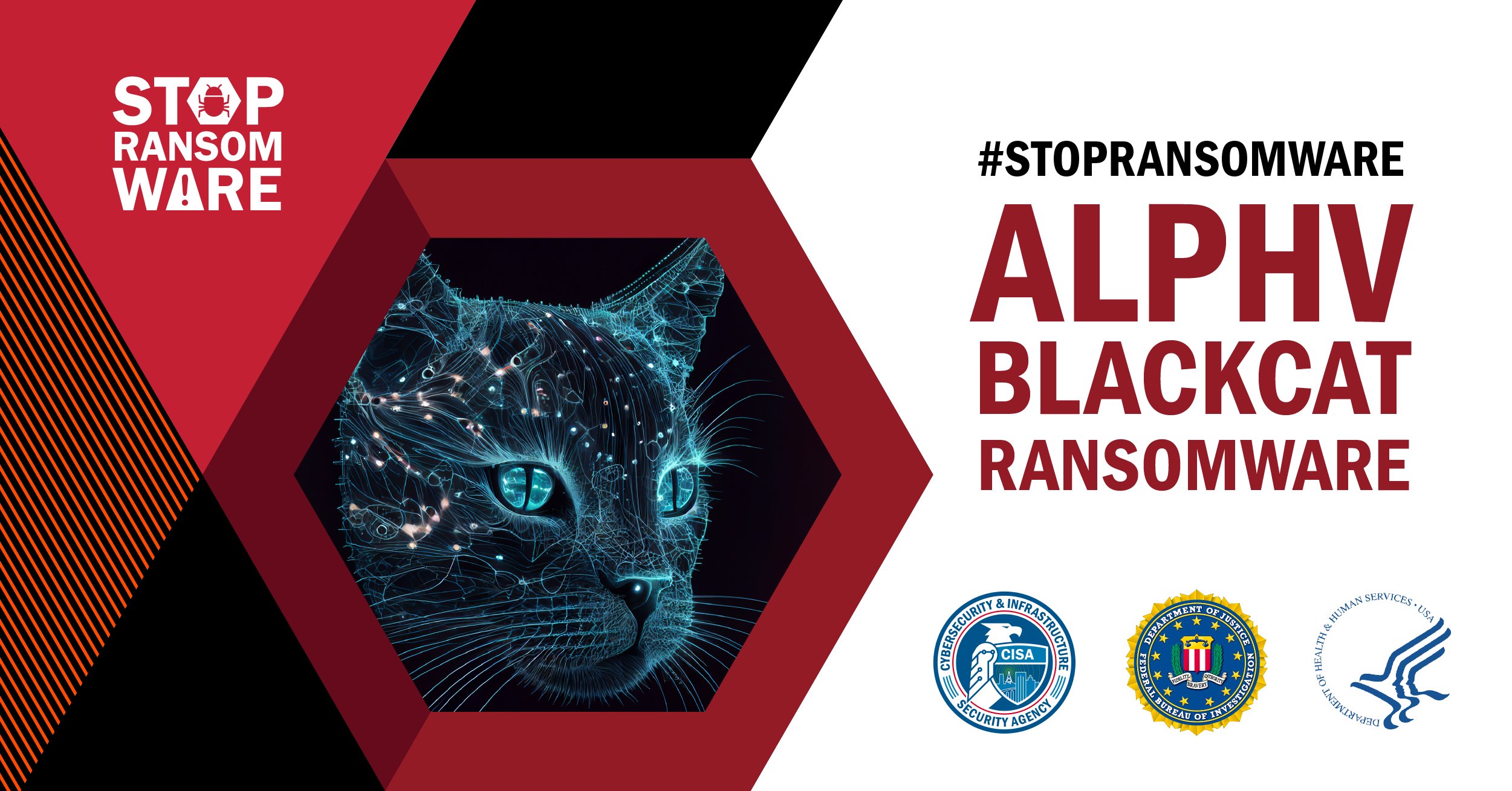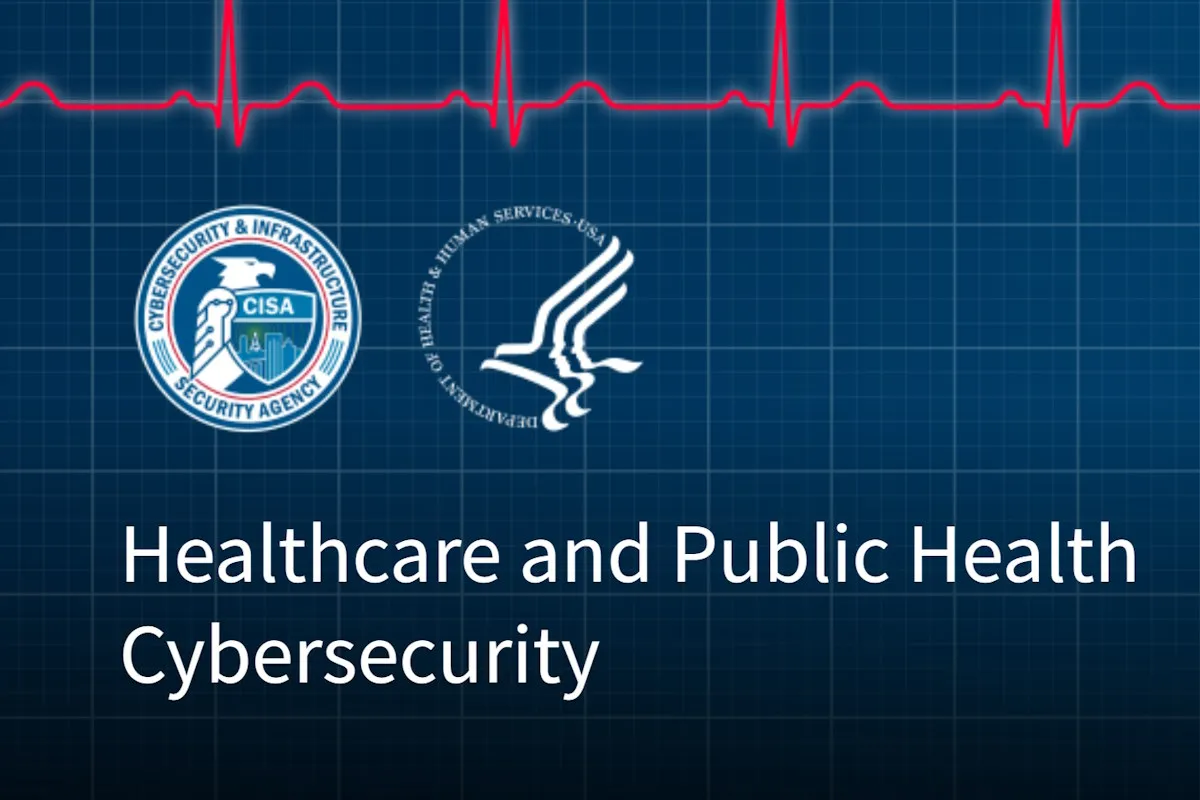In a painful reminder of the ever-present threats in the digital age, Change Healthcare, a prominent player in the healthcare technology sector, recently became the victim of a significant ransomware attack, resulting in a staggering $22 million payout to regain control of their compromised systems. While the downfall of the notorious Alphv/Blackcat ransomware group, responsible for the attack, is a separate narrative in itself, the focus of our concern lies in the broader implications of such cyber incidents on the healthcare industry.
The Breach: A Brief Overview
Ransomware attacks involve a malicious actor encrypting an organization’s files and demanding payment for their release. In the case of Change Healthcare, the ransomware attack not only jeopardized sensitive data but also disrupted the company’s operations, highlighting a critical vulnerability in the intersection of technology and healthcare. With a payment of $22 million to resolve the issue, the incident underscores the severe financial and operational risks these cyber threats pose.
The Ramifications for Healthcare
The healthcare sector, by virtue of its reliance on technology for patient care, record-keeping, and operational efficiency, stands particularly exposed to the ramifications of cyber attacks. The Change Healthcare incident serves as a potent illustration of several key concerns:
Data Security and Patient Privacy: At the heart of healthcare operations is the handling of sensitive patient data. A breach not only risks financial loss but also the confidentiality and integrity of patient information, potentially violating regulations like HIPAA (Health Insurance Portability and Accountability Act) in the United States.
Operational Disruption: Healthcare providers rely on seamless access to medical records, scheduling systems, and communication networks to deliver timely care. Ransomware attacks can cripple these systems, leading to delays in treatment and potentially endangering lives.
Financial Strain: The direct cost of resolving a ransomware attack — through ransom payments, system restoration, and enhanced security measures — can be exorbitant. Indirect costs, including reputational damage and legal liabilities, further exacerbate the financial toll on healthcare organizations.
Regulatory and Legal Repercussions: Beyond immediate operational and financial impacts, healthcare entities may face regulatory scrutiny and legal challenges for failing to protect patient data, leading to fines and settlements that can amplify the consequences of the attack.
Mitigating Risks in the Healthcare Sector
The Change Healthcare ransomware incident is a clarion call for heightened cybersecurity measures within the healthcare industry. To safeguard against similar threats, healthcare organizations should consider adopting comprehensive cybersecurity frameworks, including:
- Regular Security Assessments: Continuous evaluation of security practices and infrastructure to identify vulnerabilities.
- Employee Training: Equipping staff with the knowledge to recognize and avoid phishing attempts and other common attack vectors.
- Advanced Threat Detection: Implementing sophisticated cybersecurity solutions that can detect and neutralize threats before they can cause harm.
- Incident Response Planning: Establishing a clear protocol for responding to cyber incidents to minimize damage and restore operations swiftly.
- Collaboration and Information Sharing: Engaging with industry partners and regulatory bodies to share intelligence on emerging threats and best practices for defense.
The Change Healthcare ransomware attack is a stark reminder of the cybersecurity challenges facing the healthcare industry. As healthcare organizations increasingly rely on digital technologies, the need for robust cybersecurity measures has never been more critical. By learning from incidents like this and proactively bolstering their defenses, the healthcare sector can better protect itself against the evolving landscape of cyber threats, ensuring the safety and privacy of patient data and the continuity of care.
In a world where digital resilience is paramount, the healthcare industry must navigate the delicate balance between technological innovation and cybersecurity vigilance. The $22 million payout by Change Healthcare is not just a financial loss but a wake-up call, urging the industry to reinforce its digital defenses and safeguard its future against the ever-present shadow of cyber threats.


